Elissa Welle was a news reporter for The Transmitter from 2023 to 2024, where she covered neurodegeneration and a smorgasbord of other basic neuroscience research. Before joining the newsroom in late 2023, she worked as an intern reporter for Reuters, Nature, STAT News and The Detroit Free Press. She has also written for The Chronicle of Higher Education and her alma mater’s student newspaper, The Michigan Daily. Her days as a scientist were spent designing and fabricating tiny electrodes for single-neuron electrophysiology recordings.

Elissa Welle
Former reporter
The Transmitter
From this contributor
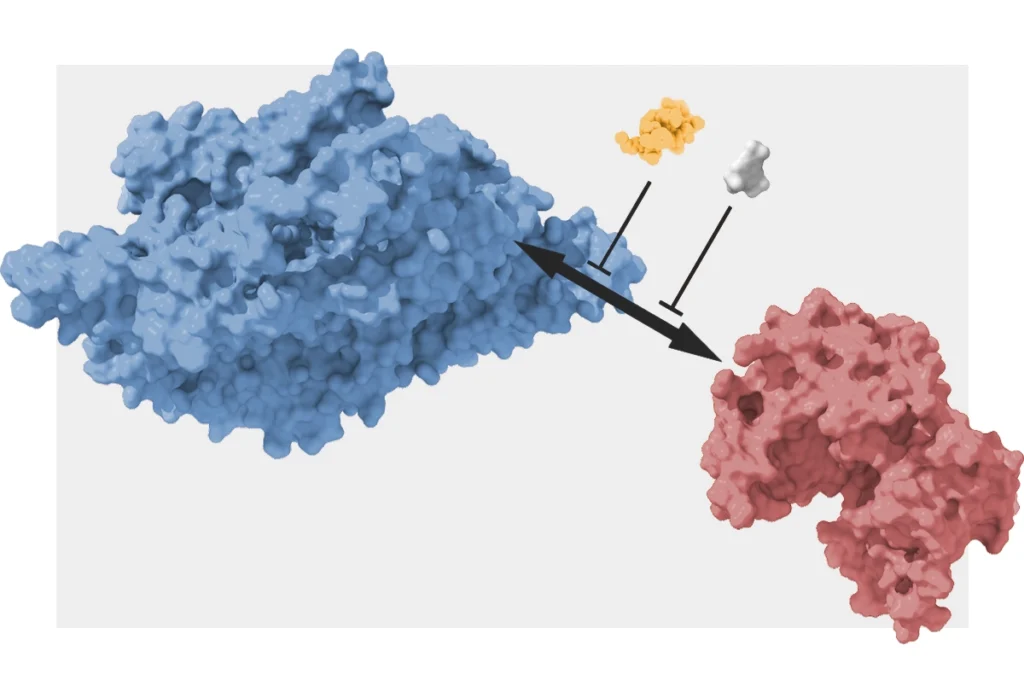
Persistent protein pairing enables memories to last
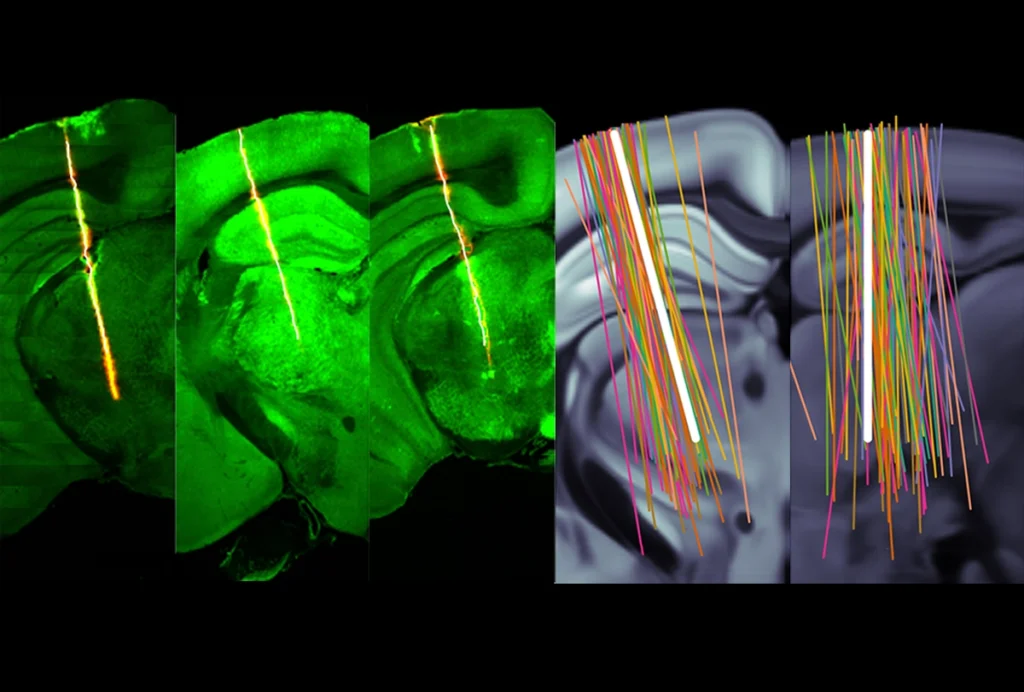
10 standards for brain electrode-array recordings enhance reproducibility
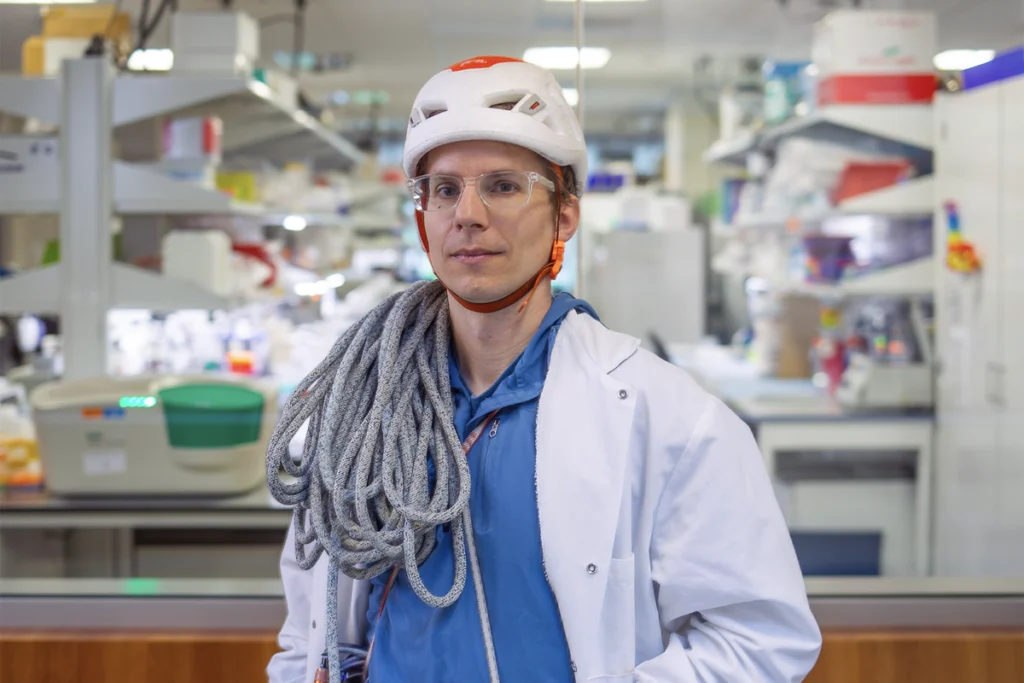
Climbing to new heights: Q&A with Kaspar Podgorski
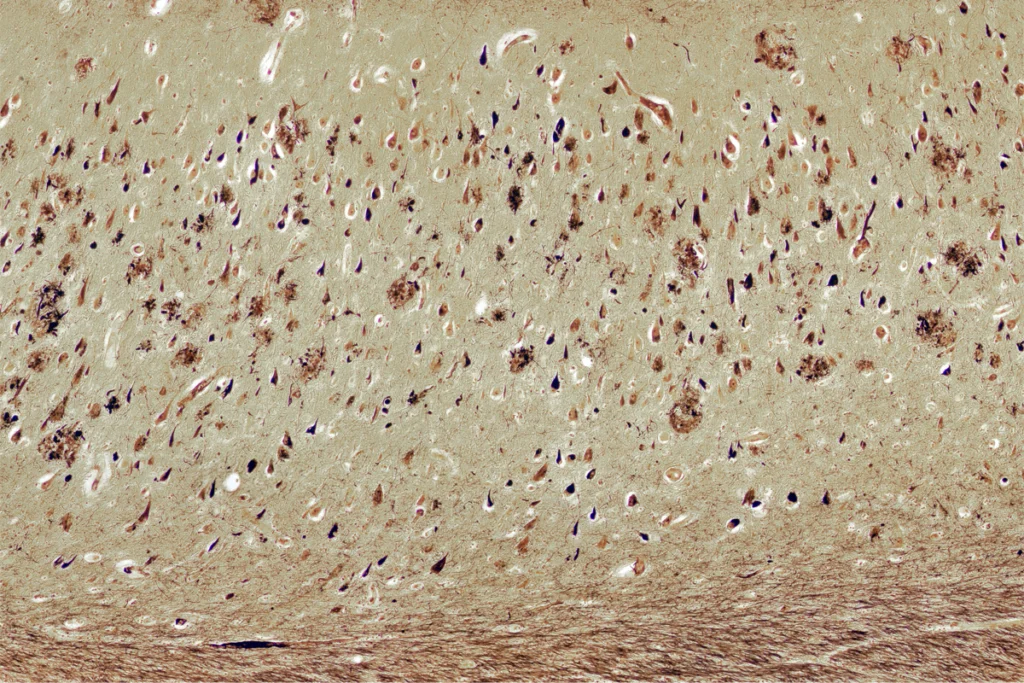
Reviving ‘inside-out’ hypothesis of amyloid beta to explain Alzheimer’s mysteries
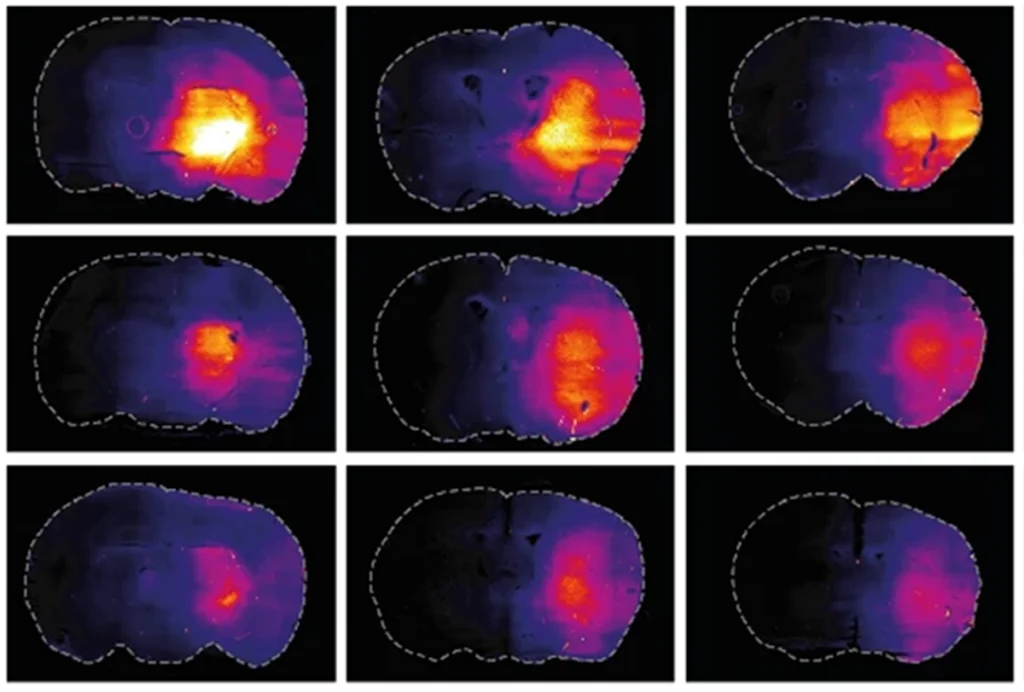
New method reignites controversy over brain clearance during sleep
Education
- M.S. in science journalism, University of California, Santa Cruz
- Ph.D. in biomedical engineering, University of Michigan
- B.S. in bioengineering, Cornell University
Fellowships
- AAAS Mass Media Fellowship in 2022
Articles
- “Utah array characterization and histological analysis of a multi-year implant in non-human primate motor and sensory cortices” | Journal of Neural Engineering
- “Sharpened and mechanically durable carbon fiber electrode arrays for neural recording” | IEEE Transactions on Neural Systems and Rehabilitation Engineering
- “Multi-channel intraneural vagus nerve recordings with a novel high-density carbon fiber microelectrode array” | Scientific Reports
- “Ultra-small carbon fiber electrode recording site optimization and improved in vivo chronic recording yield” | Journal of Neural Engineering
Explore more from The Transmitter
Two neurobiologists win 2026 Brain Prize for discovering mechanics of touch
Research by Patrik Ernfors and David Ginty has delineated the diverse cell types of the somatosensory system and revealed how they detect and discriminate among different types of tactile information.

Two neurobiologists win 2026 Brain Prize for discovering mechanics of touch
Research by Patrik Ernfors and David Ginty has delineated the diverse cell types of the somatosensory system and revealed how they detect and discriminate among different types of tactile information.
Shifting neural code powers speech comprehension
Dynamic coding helps explain how the brain processes multiple features of speech—from the smallest units of sounds to full sentences—simultaneously.

Shifting neural code powers speech comprehension
Dynamic coding helps explain how the brain processes multiple features of speech—from the smallest units of sounds to full sentences—simultaneously.
Astrocytes orchestrate oxytocin’s social effects in mice
The cells amplify oxytocin—and may be responsible for sex differences in social behavior, two preprints find.

Astrocytes orchestrate oxytocin’s social effects in mice
The cells amplify oxytocin—and may be responsible for sex differences in social behavior, two preprints find.